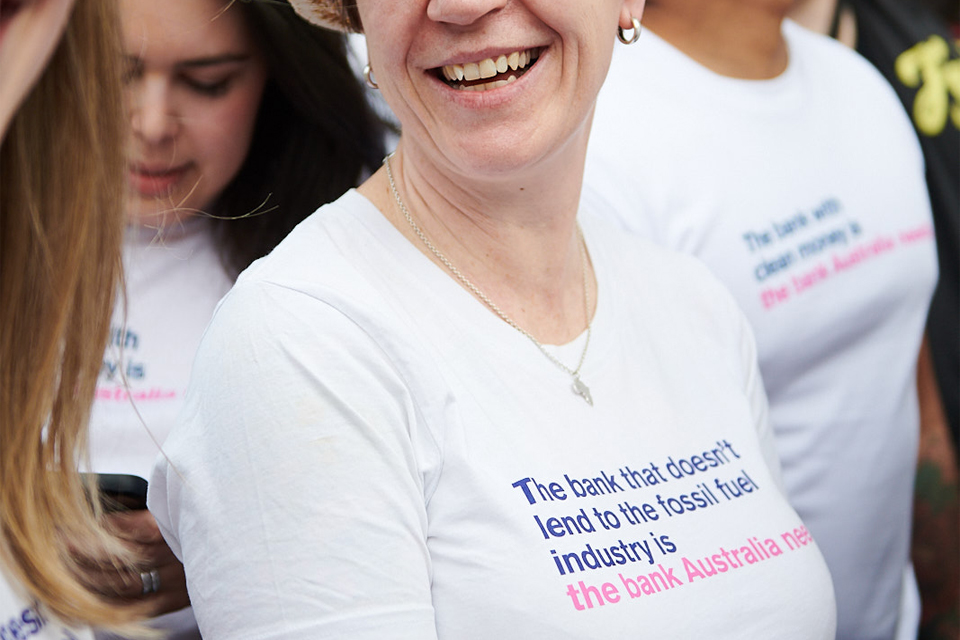Explore self-acceptance & growth: Carl Jung’s philosophy & Eastern wisdom on embracing your shadows for a fulfilling life.
Recently, I was working on a project with a friend and kept finding myself frustrated and triggered by her assertiveness. This trait is not something I would typically relate to in my own character, but as I was contemplating my frustration, I remembered a conversation I’d had with a colleague years before. He had described me as being assertive and knowing what
I want, which had taken me by surprise. More recently, I took a personality test that placed me in the moderately high category for assertiveness. It said, “Moderately assertive people are more ‘take charge’ types. They put their own opinions forward and are somewhat likely to dominate and control social situations.” Despite my former certainty of my placid and
non-confrontational tendencies, this did ring true.
The highly influential psychoanalyst Carl Jung said that the aspects of peoples’ personalities that we find challenging are often the things we don’t like about ourselves, but we hide these traits from conscious view because they’re so challenging to accept.
In a world that values perfectionism, we bury and deny the shadowy aspects of ourselves in favour of filters and grids that highlight our best angles, comparing ourselves to the beautiful people who never yell at their children, never skip the dishes in favour of a late-night chocolate binge and, of course, never have negative thoughts or emotions.
While Carl tells us it’s essential to confront the negative aspects of our humanity in order to grow and evolve, eastern philosophies such as Buddhism invite us to learn to accept all facets of ourselves. They remind us that personal growth isn’t always about spiritual bypassing, following your bliss and doing what makes you happy. Often, it involves a deep dive into the dirt. But these dark places can lead us to understanding, acceptance and psychological and spiritual evolution.
The shadow self
Carl was a Swiss psychiatrist and psychoanalyst who died in the early 1960s, but is still highly influential today. One of his central philosophies focused on the concept of the “shadow self”. Carl believed that the pathway to a full life was the understanding and embodiment of our dark sides. He famously said, “I’d rather be whole than good.” For Carl, our goal as human beings should be completeness, not perfection.
By repressing certain parts of ourselves, we lose the potential for growth. Being a decent, moral person, Carl believed, is not about the absence of animalistic and evil desires, but the ability to observe, harness and control these natural elements of our humanity.
Recognising these primal traits can be difficult. Once we delve into the monstrous aspects of ourselves, we might begin to understand the most heinous acts, which can bring up all sorts of uncomfortable feelings that we’d rather not confront. However, Carl explained that “one does not become enlightened by imagining figures of light, but by making the darkness conscious” and that “by not being aware of having a shadow, you declare a part of your personality to be non-existent … if you get rid of qualities you don’t like by denying them … your devils will grow fatter and fatter”.
Instead of denying and repressing these darker sides of ourselves, we can look at them and realise that they have their place. Our aggression, when not properly harnessed, can be dangerous, but when directed in a healthy way, it can be the catalyst for asserting ourselves and having healthy boundaries. True morality, for Carl, is not being superhuman, but recognising the monster within and being able to direct it in a healthy way.
Philosopher Alan Watts put it beautifully when he explained that in the whole scheme of life there must be a shadow, because without the shadow we can’t have the substance. A holy person, he said, is one who has reconciled their opposites and is open about the back side of their embroidery. Everybody has an element of duplicity and to deny this is dishonest.
Cultivating compassion
We see similar sentiments in yoga and other eastern philosophies. Satya is the yogic philosophy of truthfulness and, for the yogis, an essential element in our spiritual growth. By denying our dark sides, we are not being honest with ourselves, which is to see and acknowledge all facets of our being.
Buddhist philosophy speaks to the importance of having compassion for the self and for others. When teaching Buddhist-inspired loving-kindness (metta) meditations in my yoga classes, I ask students to first invite in a sense of loving kindness and compassion for themselves, and then gradually move to other people in their lives, including those who have irritated or wronged them.
This can strengthen our capacity for compassion and be deeply healing.
Unless we learn to accept our own shadows, how can we accept the shadows of others? How can we love and accept our friends and our family? How can we allow our children to feel accepted and held exactly as they are, in all their devilishness? Carl said, “We cannot change anything unless we accept it. Condemnation does not liberate, it oppresses.” We must, he believed, have kindness for ourselves, and learn to “love the enemy in our own heart”.
What I love about this philosophy, and what is at its core, is that you don’t need to be perfect to be whole. You can be dark and murky in your humanness — it’s all about how you respond. This is something that is reflected in many yogic philosophies and practices.
Yoga can be a wonderful opportunity to turn inwards and observe our shadows. According to yin yoga teacher Jody Vassallo, “Yin teaches students to develop an inward gaze. It begins with noticing the movement of the breath, sensations in the body and the wandering puppy mind. As students become comfortable with stillness in their yin practice, they find themselves becoming more conscious of their shadow behaviours, their words and their choices. Over time, the desire to escape oneself diminishes and the intention to know and accept one’s true self expands.”
When you’re in a challenging yoga pose, your teacher instructs you to focus, breathe and choose to respond in a kind and gentle way. This is like seeing our shadow. We say to our shadow, “I see you, I accept you, and I choose to steer you in a positive direction.” For Carl, and many philosophers before and after, the strength that you develop in integrating your shadow is the best guarantee of peace.
Journalling prompts for integrating your shadow
- What are the best and worst personality traits of your parents? Do you see them within yourself?
- When are you hardest on yourself? Why?
- What emotions do you tend to avoid? What would happen if you allowed yourself to feel these emotions?
- How do you respond to
- constructive criticism?
- What traits in others do you find
- most challenging?
- What is the most hurtful way someone could describe you? Why?
- How do you find compassion and forgiveness for others, and how can you translate this to your relationship with yourself?
- How might repressed traits be holding you back from living your fullest life?




